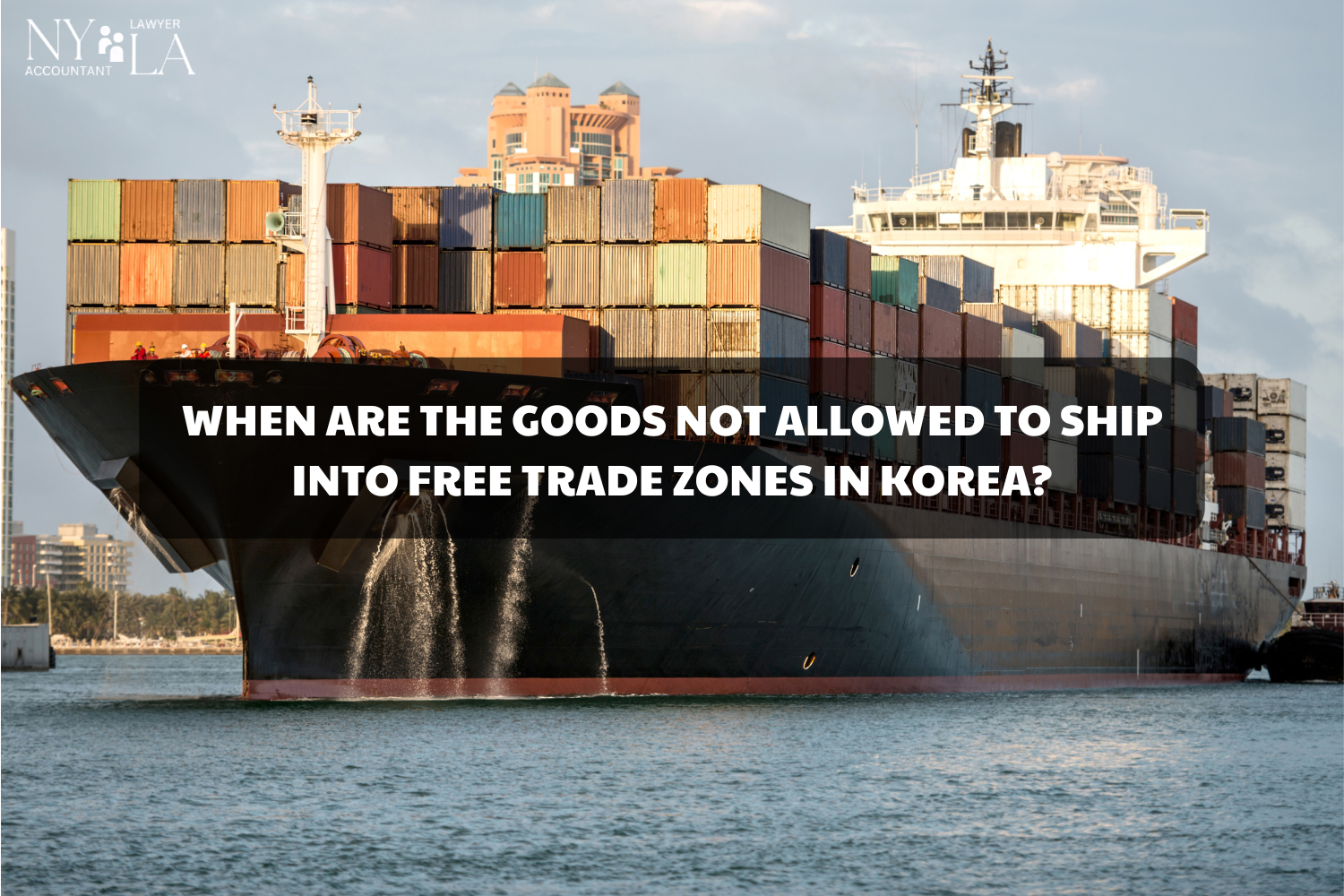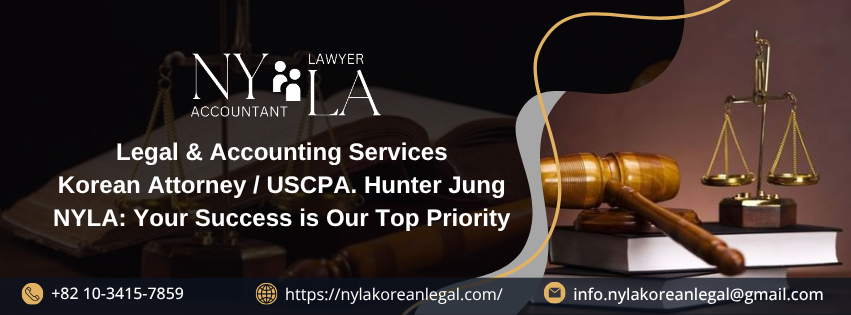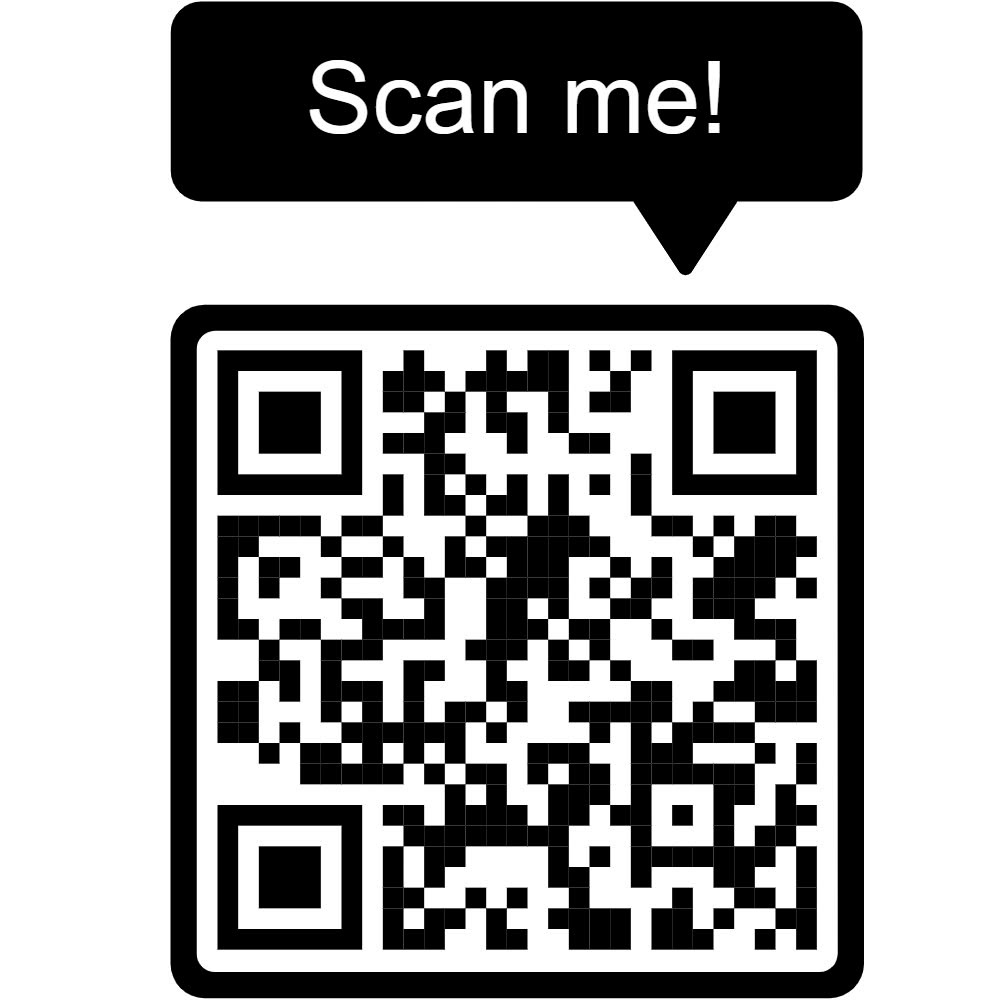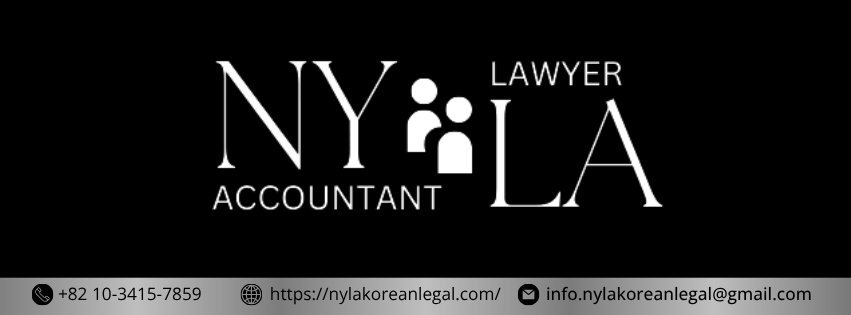Legal Basis:
- Act on Designation and Management of Free Trade Zones
- Customs Act
Free Trade Zones (FTZs) in Korea are special zones where businesses benefit from exemptions and greater freedom in manufacturing, logistics, and trade operations. However, this freedom comes with strict compliance rules. Not all goods are eligible for import or export within these zones. In this article, we will explore the types of goods not allowed in Free Trade Zones Korea, the legal consequences, and compliance requirements every business should be aware of.
Summary [hide]
- 1. What Are Free Trade Zones in Korea?
- 2. Goods Not Allowed in Free Trade Zones Korea
- 3. Customs Authority Powers and Additional Restrictions
- 4. Suspension of Shipments into Free Trade Zones
- 5. Alternatives to Suspension: Penalty Surcharges
- 6. Importance of Compliance and Legal Consultation
- 7. Conclusion: Navigating Free Trade Zones Responsibly
- 8. About NYLA – Korean Legal Office
1. What Are Free Trade Zones in Korea?
Free Trade Zones are government-designated areas that aim to boost international business activities. They offer benefits such as tax incentives, simplified customs procedures, and minimal trade barriers. However, these advantages are contingent upon strict adherence to Korean customs and trade regulations. Understanding goods not allowed in Free Trade Zones Korea is essential to avoid penalties and business disruptions.
2. Goods Not Allowed in Free Trade Zones Korea
Not all items can be shipped into or out of FTZs. Here are the categories of goods not allowed in Free Trade Zones Korea:
- Materials harmful to public order and morality: This includes books, publications, drawings, films, videos, records, and sculptures that disrupt constitutional order or public safety.
- Sensitive government information: Items that disclose confidential state data or are designed for intelligence operations are banned.
- Forged financial instruments: Counterfeit or forged currencies, bonds, and securities are strictly prohibited.
These categories are non-negotiable and are strictly enforced under Korean law.

3. Customs Authority Powers and Additional Restrictions
The head of a Korean customs office has the authority to ban certain shipments if they are found to:
- Endanger national health
- Harm the environment
- Violate other regulatory protections
Even if a product is not explicitly listed among the goods not allowed in Free Trade Zones Korea, customs officials may still restrict its movement if it poses a risk to the public or environment.
4. Suspension of Shipments into Free Trade Zones
In certain cases, customs authorities may suspend the right of an occupant enterprise to ship goods into FTZs for up to six months. Here are some common violations that can trigger such suspension:
- Importing foreign goods without submitting an import declaration or paying customs duties
- Shipping goods from FTZs into the Korean customs territory illegally
- Misusing raw materials intended for export only within Korea
- Using or consuming goods without filing the necessary usage reports
- Failing to meet statutory conditions such as obtaining proper certification or permits
- Falsifying documents to meet these requirements
- Not reporting shipment of goods processed outside the FTZ
- Refusing inspections or failing to maintain inventory records
These practices are serious violations and may result in an enterprise being penalized, even if the goods are not explicitly on the list of goods not allowed in Free Trade Zones Korea.
5. Alternatives to Suspension: Penalty Surcharges
When suspending shipments would cause serious operational issues or public harm, the customs office may opt for a penalty surcharge instead of suspension. This surcharge can be up to 3% of the company’s sales generated from FTZ operations.
If the enterprise fails to pay this surcharge by the deadline, the unpaid amount is collected in the same way as national tax delinquencies. This ensures that businesses remain compliant, even when direct suspension is deemed counterproductive.
6. Importance of Compliance and Legal Consultation
Given the strict oversight and complex legal environment, companies operating in Korea’s FTZs should take proactive steps to ensure full compliance:
- Conduct regular internal audits
- Train staff on customs and trade regulations
- Consult legal experts for clarity on goods not allowed in Free Trade Zones Korea
- Keep detailed inventory and transaction records
Early intervention and clear documentation can protect your business from suspension, penalties, and potential legal consequences.
While Korea’s Free Trade Zones offer tremendous business opportunities, they come with legal responsibilities. Understanding the goods not allowed in Free Trade Zones Korea is crucial for maintaining operations and avoiding costly penalties. Work with legal professionals, stay informed about regulatory changes, and prioritize compliance to make the most of FTZ benefits.
For more legal guidance on operating in Korea’s Free Trade Zones, feel free to reach out to our team of experts.
8. About NYLA – Korean Legal Office
■ NYLA – Your Trusted Legal Partner in Korea
At NYLA, we understand that the success of foreign businesses in Korea requires not only a solid business strategy but also reliable legal support. With a team of experienced Korean attorneys and legal professionals, NYLA provides tailored legal services for companies, investors, and individuals operating or planning to establish a presence in Korea.
We support our clients throughout the entire business journey with comprehensive services, including:
- Legal consultation on company establishment, taxation, and immigration;
- Advice on commercial real estate, franchising, and product distribution;
- Support in human resources, marketing, and business strategy.
In addition to legal advisory, NYLA also represents clients in civil litigation cases related to business, labor, marriage, family, and inheritance to ensure their rights and interests are fully protected.
■ Contact NYLA

If you’re a foreign business or individual looking for a reliable legal partner in Korea, NYLA is here to help. We are committed to delivering effective, practical, and personalized legal solutions for every client.
With a proven track record of assisting hundreds of international clients, our team is equipped to help you navigate complex legal challenges—whether it’s commercial disputes, contract issues, or foreign investment guidance.
Don’t let legal matters hold you back. Let NYLA be your trusted guide in the Korean market.
■ Get in touch with NYLA for expert legal support
| Website: https://nylakoreanlegal.com/
FB: https://www.facebook.com/nyla.koreanlegal Tiktok: https://www.tiktok.com/@nylakoreanlegal Youtube: https://www.youtube.com/@NYLA-xd8qx Email: info.NYLAkoreanlegal@gmail.com SĐT: +82 10-3415-7859 |
 |























































